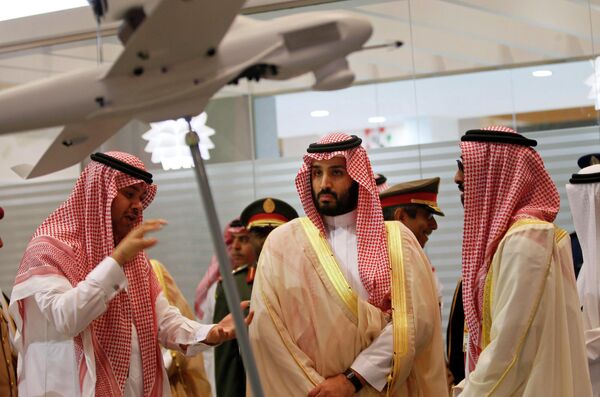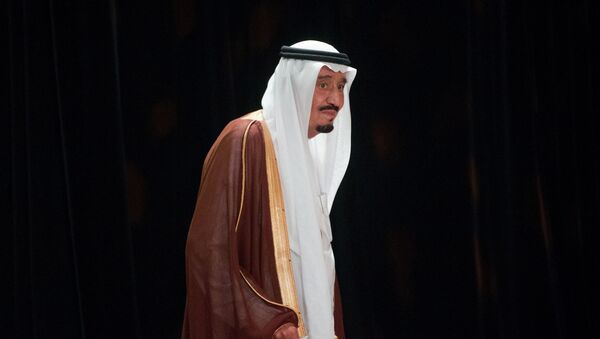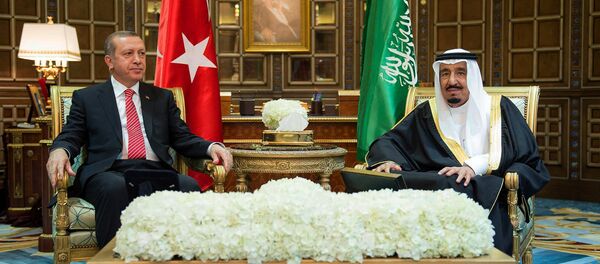The economy tops the list of troubles plaguing Saudi Arabia. "With its stubbornly high unemployment rate and growing wealth gap between the rich and poor, Saudi Arabia has long been the sick man of the Persian Gulf," Lazare explained.
Other issues Saudi Arabia has to deal with are largely of its own making. Take Riyadh's foreign policy, particularly the operation in Yemen and the assistance to Syrian rebels.
"The Saudis thought they had Assad on the run after channeling US-made TOW missiles to the rebels last spring, but Russian intervention is altering the equation. Thanks to Russian bombardment of [Daesh], al-Qaeda and other rebel groups, Assad was able to announce in late November that his troops were advancing on 'nearly every front,'" Lazare explained.

Nevertheless, King Salman, according to the journalist, recently "promised to intensify efforts to topple Syrian President Bashar al-Assad by increasing aid to al-Nusra, al-Qaeda's official Syrian affiliate."
The Saudi operation in Yemen has turned out be as inefficient as the meddling in Syria.
"Although the ostensible goal was to prevent the Houthis from taking power, the Saudis' real aim [in Yemen] was to humiliate Iran, which they see as the mastermind behind the uprising, and show the US that the kingdom was capable of stepping out on its own. … But the longer the Houthis hold out, the clearer it becomes that the Saudis are unable to prevail in their own backyard," Lazare observed.

Lazare attributed the fault for some of these troubles to King Salman's son Mohammad bin Salman.
The US journalist described the deputy crown prince, who serves as the kingdom's defense chief, as "a product of a closed and narrow educational system that emphasizes the Qur'an and Hadiths over science and analysis and imbues students with hostility toward Christians, Jews, Shi'ites and foreigners in general."




